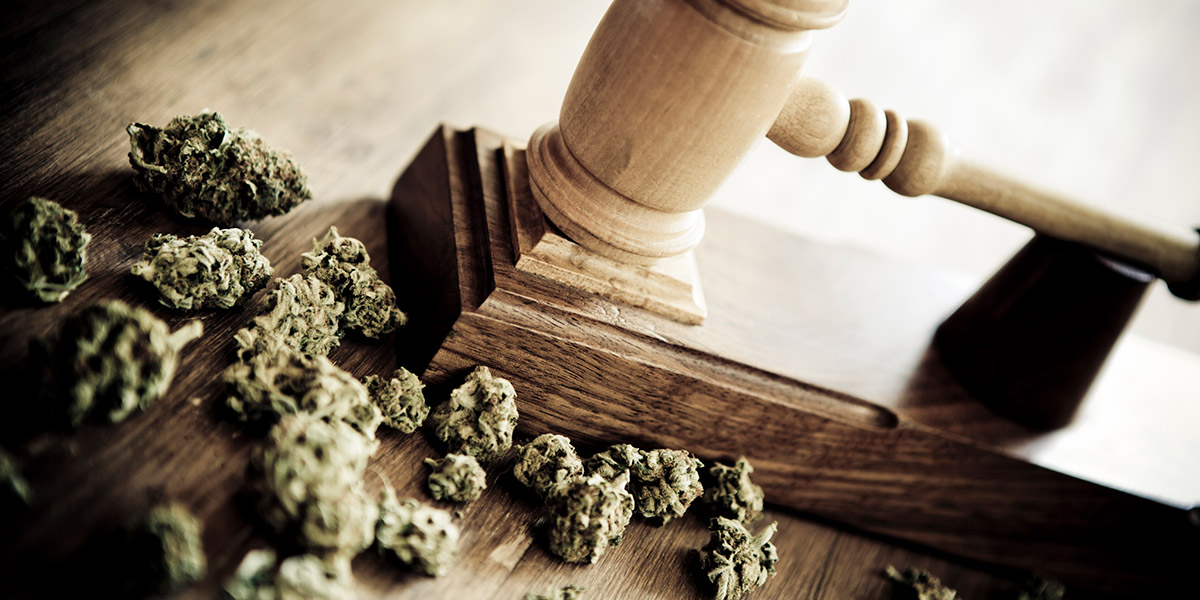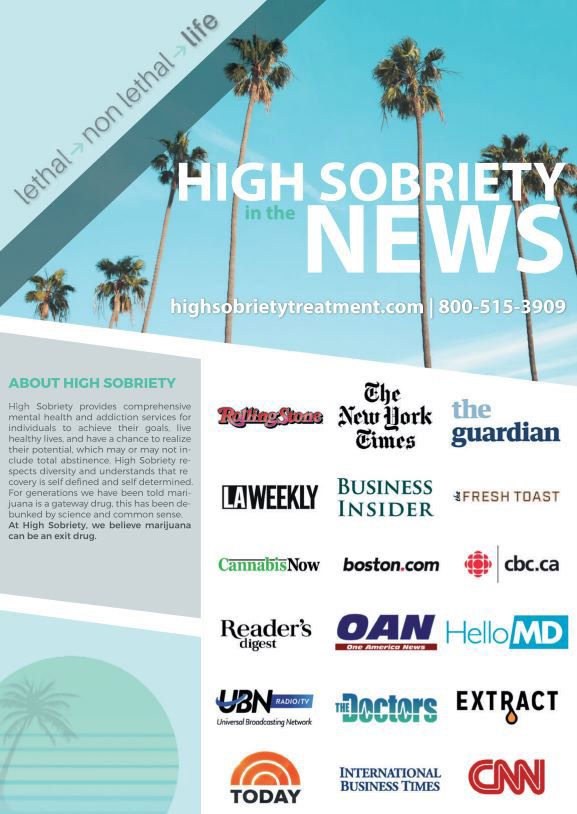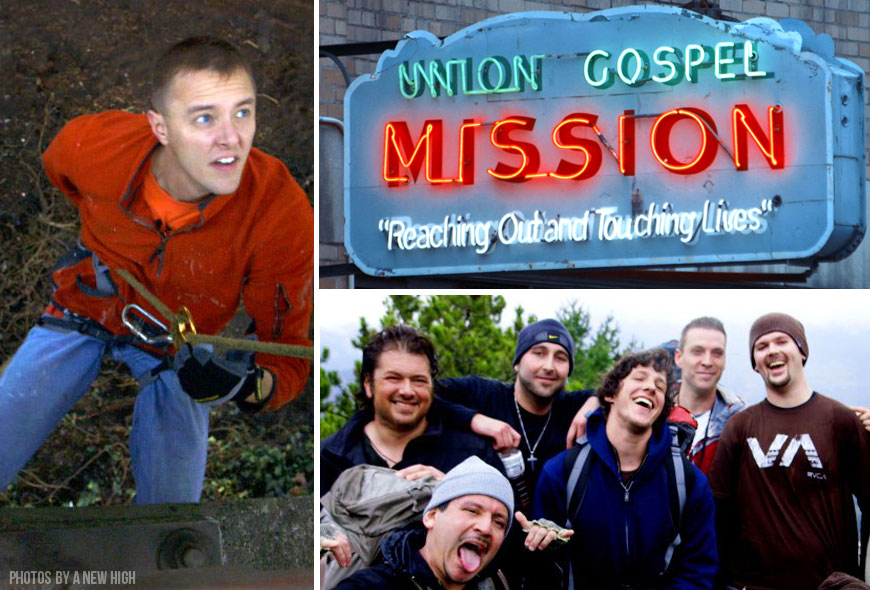Let’s just get the uncomfortable question out of the way: was saving the Union even the right move?
Essentially, America is a dysfunctional family at odds with itself. It always has been. Maybe the effort to preserve the Union would’ve been better spent developing a refugee program to get enslaved people out of there — rather than forcing together states that fundamentally didn’t (and still don’t) want to share a house.
We keep pretending this is a “united” country, but it’s not. It’s stratified. West Coast folks aren’t going to care which restroom trans people use, any more than Southerners are giving up Jesus or guns. In a way, the whole thing feels like the perfect alcoholic decision: “It doesn’t work and we hate each other… let’s save it!”
And the guy who pulled off that chaotic Hail Mary? He was an alcoholic.
Ulysses S. Grant wasn’t some polished, idealized figure out of a marble statue. He was a messy, complicated, painfully human man — and a severe alcoholic. He drank himself out of the army once before the Civil War. He was known to disappear into benders that had his peers worried, embarrassed, or both. And yet, when the country was literally splitting in two, he was the guy who held it together.
He led the Union Army to victory. Not because he was clean-cut or sober or even particularly diplomatic — but because he was relentless. Smart. Tough. And oddly moral in his own quiet way. Later, as President, he tried (and mostly failed) to steer Reconstruction in a more just direction. Still, he fought for Black Americans’ civil rights when it wasn’t exactly a winning political strategy.
Grant’s drinking was never a footnote — it was part of his story. His critics used it against him. His supporters tried to cover it up. But the truth is, he was a man at war with both the Confederacy and his own demons — and still managed to do something extraordinary.
And yet, ultimately, Grant lost his fight. We know now what he didn’t: that heavy drinking combined with smoking exponentially increases the likelihood of cancer. Grant died of throat cancer in his 60s — not that old — after enduring a brutal final year writing his memoirs so his family wouldn’t be left penniless. Even at the end, he was grinding it out, doing what needed to be done.
If you’ve ever felt like you were too broken, too addicted, or too far gone to make a difference, remember Ulysses S. Grant. The guy might’ve smelled like bourbon and bad decisions half the time, but he still saved the goddamn country. You’re not out of the fight.
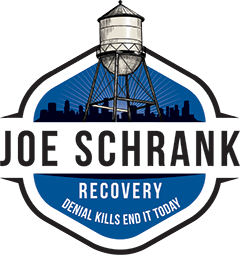

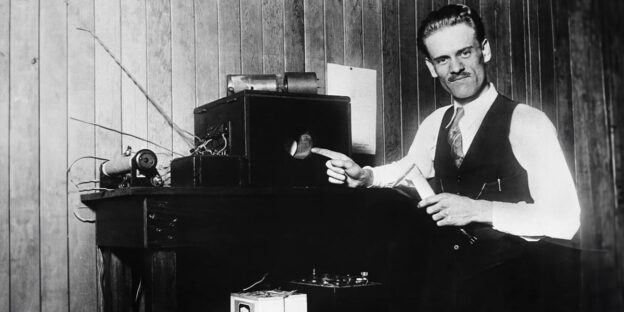






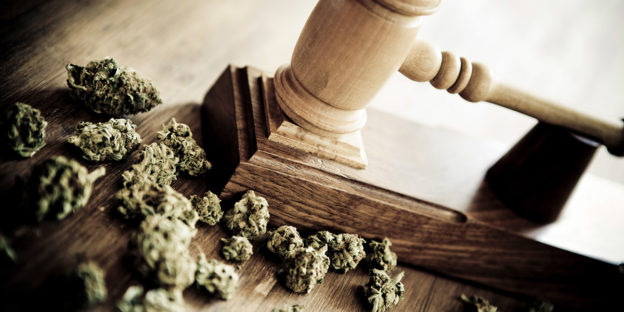
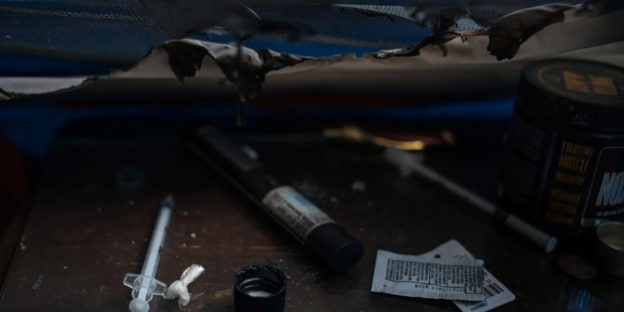
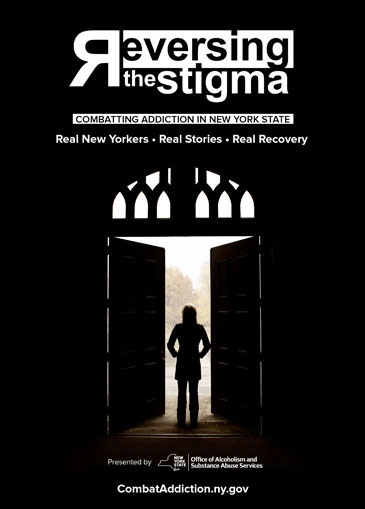 There are many hurdles to accessing help. With more than 23 million people in need of treatment and less than 2 million receiving any level of care, there is something in the way. There are many theories out there about why this is. Of all the hurdles, to negotiate, there is likely none higher than shame. Consistently, people cite stigma as a major reason that prevented them from reaching out for help. In the midst of a fever pitch crisis, losing 160 people a day to overdose, there is a moral imperative to remove the shame and stigma.
There are many hurdles to accessing help. With more than 23 million people in need of treatment and less than 2 million receiving any level of care, there is something in the way. There are many theories out there about why this is. Of all the hurdles, to negotiate, there is likely none higher than shame. Consistently, people cite stigma as a major reason that prevented them from reaching out for help. In the midst of a fever pitch crisis, losing 160 people a day to overdose, there is a moral imperative to remove the shame and stigma.